
News writer; Opinion columnist
For most people, redeeming a winning lottery ticket is a cause for a big celebration, sometimes including photos, champagne, cheering, and interviews. However, Ali Jaafar found himself in steel handcuffs after he attempted to cash in a winning ticket at the Massachusetts State Lottery office.
According to state records, Ali was the most frequent lottery winner in Massachusetts history. He cashed in thousands of winning tickets and collected millions of prizes. When people asked him how he won so often, he told them that he was just lucky.
However, after an extensive investigation, state and federal authorities had a different answer: Ali Jafaar was the ring leader of one of the biggest lottery tax fraud schemes in history.
Ten percenting
No one likes to pay taxes, and over the years, millions of people and businesses have devised schemes and plans, some legal, some not, to avoid paying them. Lottery winners are no exception, and some players have their own system to cheat the tax man known as “ten percenting.”
Ten percenting occurs when a winner sells their ticket for less than its face value to avoid paying taxes.
Typically, a winner sells their ticket to a buyer for a discount of 10-20% of its face value. So, if the ticket were worth $1,000, the winner would sell it for between $800-$900 and walk away with the cash and no tax liability.
The buyer would then cash in the ticket for the full amount, making a small profit on the transaction. To avoid paying taxes, the buyer usually claims fake gambling losses, which are tax deductible.
In Massachusetts, this scam was run by a network of convenience store operators. The operators would buy the tickets from the winners at a discount, who would walk away with tax-free cash. Then, the operator would sell the ticket to a runner for the same price he paid for it, minus a fee between $50 and $100. The runner would then cash in the ticket for its full face value.
Ten percenting was a prevalent crime in Massachusetts. A study by the Boston Globe found that in 2002, at least 58 so-called “high-frequency winners” had cashed in thousands of tickets and claimed $4.7 million. By 2004, the study identified 88 high-frequency winners who redeemed tickets worth $10 million, although no one claimed more winning tickets than a taxi driver named Ali Jaafar.
Ali Jaafar
Ali Jaafar should have been an American success story. He was born in Lebanon and came of age during the country's brutal civil war between Christians and Muslims in the 1970s. To escape the violence, Ali's father moved his family to the West African nation of Sierra Leone, where Ali met his wife and had three of his four children, including his sons Mohammed and Youseff.
When civil unrest hit that country, he emigrated with his entire family to America in 1992, and they found a home in Boston, Massachusetts. With limited English and no money, Ali had to start from the bottom and work his way up.
He found a job as a gas station attendant, where he worked long hours to support his family. Eventually, he saved enough to buy his own taxi cab. After driving for a few years, he went into business for himself, selling prepaid phone cards that were popular with immigrant communities to liquor and convenience stores.
This is where investigators believe that Ali first became involved with ten percenting. By speaking with the owners and managers of stores, Ali learned about the lottery ticket cashing scheme and decided to turn it into a business. He eventually became the mastermind of the country's biggest ten percenting ring.
The scheme
In Massachusetts, if you cash a lottery ticket worth $600 or more, the state will check to see if you owe back taxes or child support, and they will deduct the amount owed from your winnings.
This gave some players a strong incentive to cash their tickets without publicly identifying themselves. Winners who didn't want to reveal their identities to tax and lottery officials turned to ticket buyers like Ali.
Ali launched his ticket-buying business in 2011, when state records showed that he cashed in 136 winning lottery tickets, with a total value of $217,000. He expanded his business when he saw how easy it was to make money.
In 2012, he collected $367,000 by redeeming 214 tickets. In 2013, he decided to go even bigger and brought his sons Yousef and Mohamed into his operation. Collectively, they bought and cashed 867 tickets worth nearly $1.3 million.
They grew the operation year after year, and in 2019, the Jaafars redeemed $3.2 million in tickets. No one ever challenged them on how they managed to win so many times, and if anyone did ask, Ali had a simple answer: he was lucky.
Mohamed claims he tried to leave the scheme several times, but his father would berate him and kick him out of the house for refusing to participate. He eventually agreed to keep cashing tickets.
The investigation
Ali's massive ticket cashing spree wasn't a secret to state lottery officials, but they never did anything about it, and he would run his plan without interference for years.
Then, in 2017, the Massachusetts Lottery hired Dan O'Neil as its new chief of security and compliance. He decided it was time to crack down on ten percenting, and its most prominent practitioner was the Jaafars.
After determining that it was statistically impossible for the Jaafars to win as often as they were, the Lottery Commission decided to suspend them from playing any state lottery games or redeeming tickets. The Jaafars appealed the decision, but ultimately, a judge upheld the ban.
The IRS also launched an investigation to bring down Ali's operation. They had undercover agents pose as lottery winners, who would sell their winning tickets to store operators suspected of ten percenting. Investigators later observed Ali and his sons cash in those exact same tickets just days later.
As the investigation into the Jaafars heated up, they tried to use friends to cash the tickets and claim the prizes, but they backed out after state investigators confronted them.
End of an era
In 2020, Ali, Mohammed, and Youseff were each charged in federal court with several counts of fraud, money laundering, and tax evasion for their scheme, which ran from 2011 to 2019.
Investigators discovered that over eight years, the Jaafar family had successfully cashed in 13,000 winning tickets for a total of $21 million and claimed millions of dollars in fake gambling losses so that he wouldn't have to pay taxes on his winnings.
Federal prosecutors accused Ali of paying just $24,000 in federal taxes on income of $15 million in lottery winnings. Additionally, they said that he received an additional $886,261 in tax refunds for the false gambling losses he claimed on his tax returns.
The indictment also stated that Mohamed paid only $21,700 in income taxes on $3.3 million in lottery winnings and that he claimed $106,032 in tax refunds for phony gambling losses.
Because they purchased the tickets for 80% of their actual value, the Jaafars made a profit of approximately $2 million.
Confronted with overwhelming evidence, Mohamed agreed to take a plea deal and admit his guilt. The judge sentenced him to six months in jail, ordered him to pay almost one million dollars in restitution, and banned him from playing the lottery for two years.
Ali and Youseff decided to take their case to trial. While they tried to use the “luck” defense, prosecutors effectively blew that up when they pointed out that statistically, to hold that many winning tickets, a player would have to buy 22,859 tickets every day for eight years.
Both men were found guilty. Mohammed was sentenced to five years in prison, and Youseff received a sentence of 50 months.
In addition to the jail sentences for the Jafaar family, the Massachusetts Lottery suspended the ticket-selling licenses of over 40 lottery retailers who they alleged participated in the scheme.
The freeze
In the 2000s, state lottery officials were well aware that some players were cashing in far more tickets than could possibly be attributed to fair play and good luck; they just didn't do anything about it.
However, due to the Jaafar convictions, the Massachusetts Lottery implemented a new policy to crack down on frequent ten percenters. Under the policy, the state can stop payouts to players who cash in six or more tickets worth $1,000 or more over a calendar year unless they can prove that they bought the ticket legally.
But while the heyday of ten percenting is over in Massachusetts, you can be sure that unscrupulous winners are already looking for another way to get around paying their taxes.
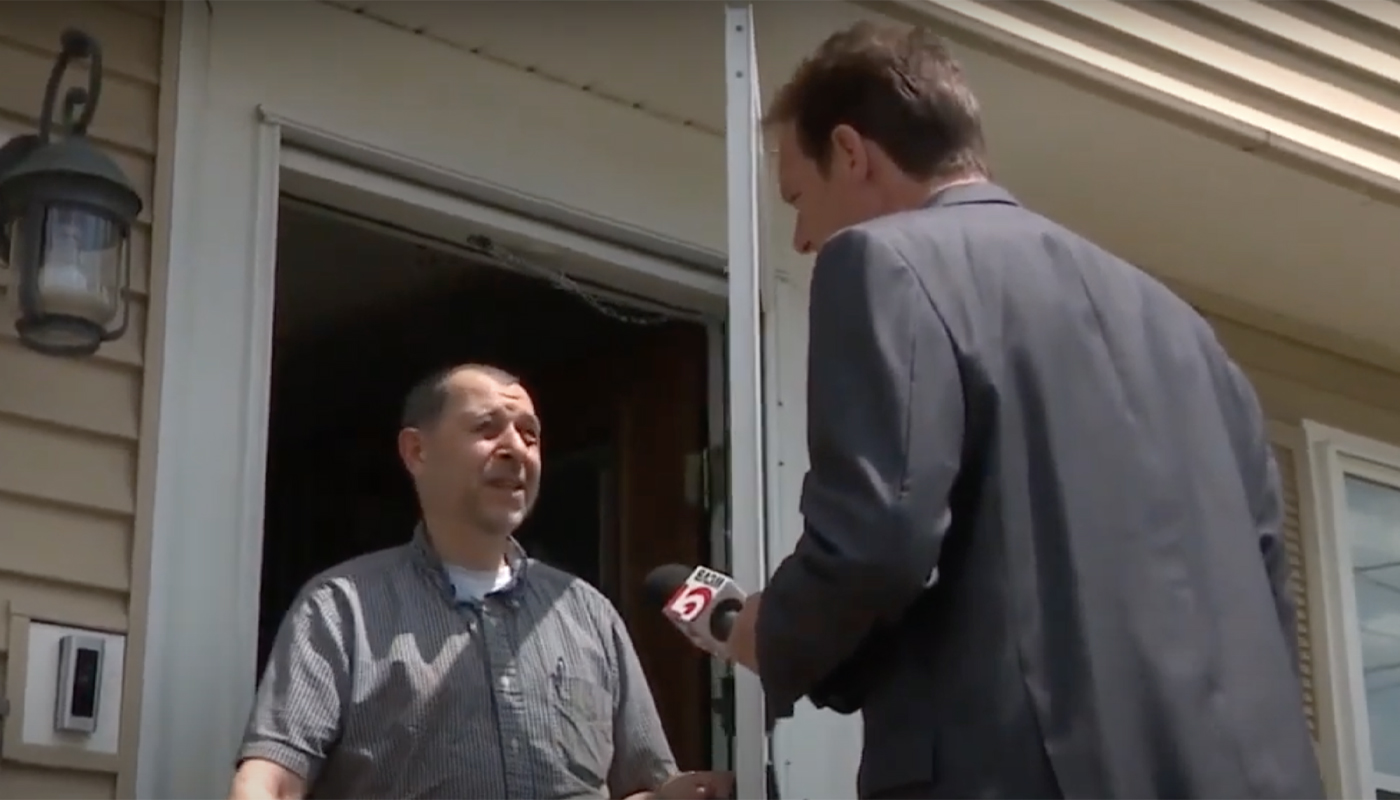


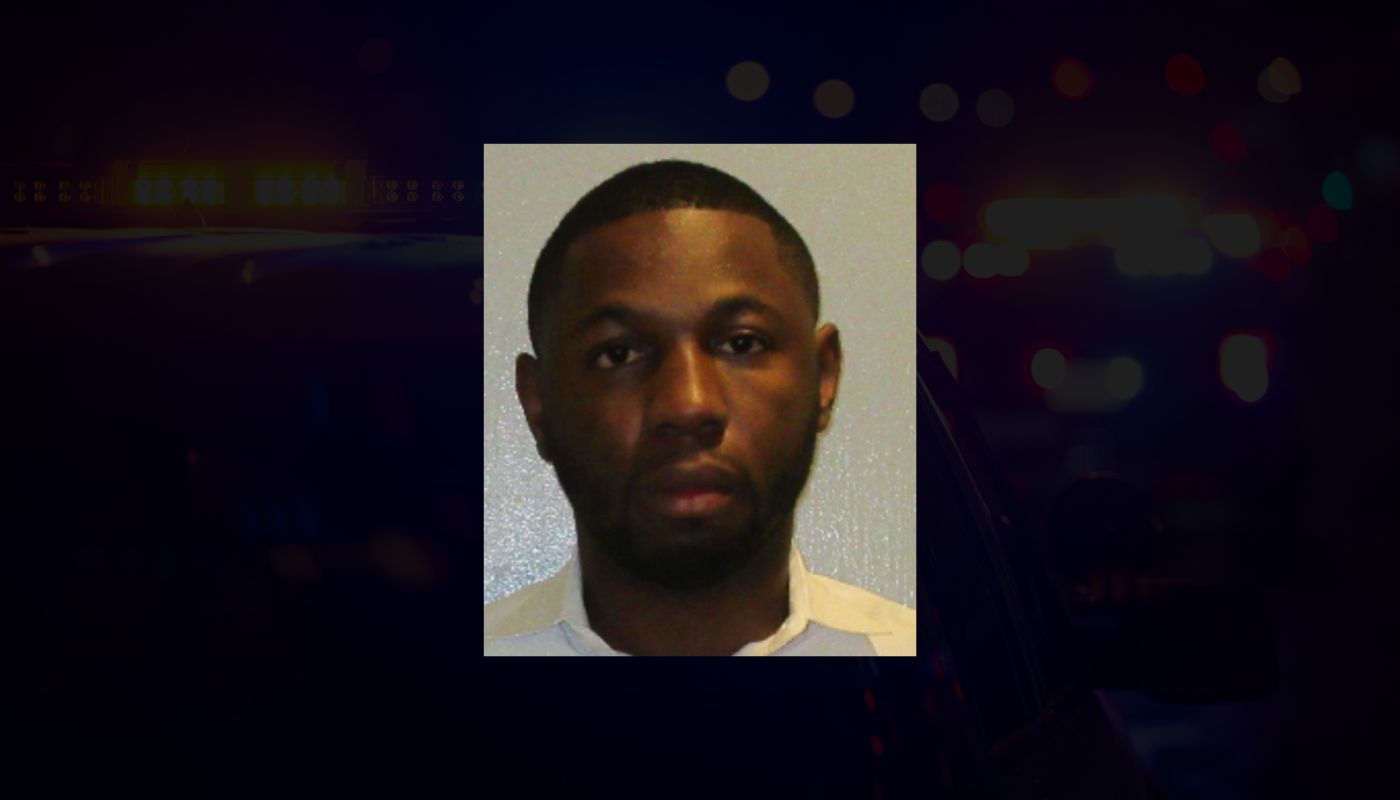

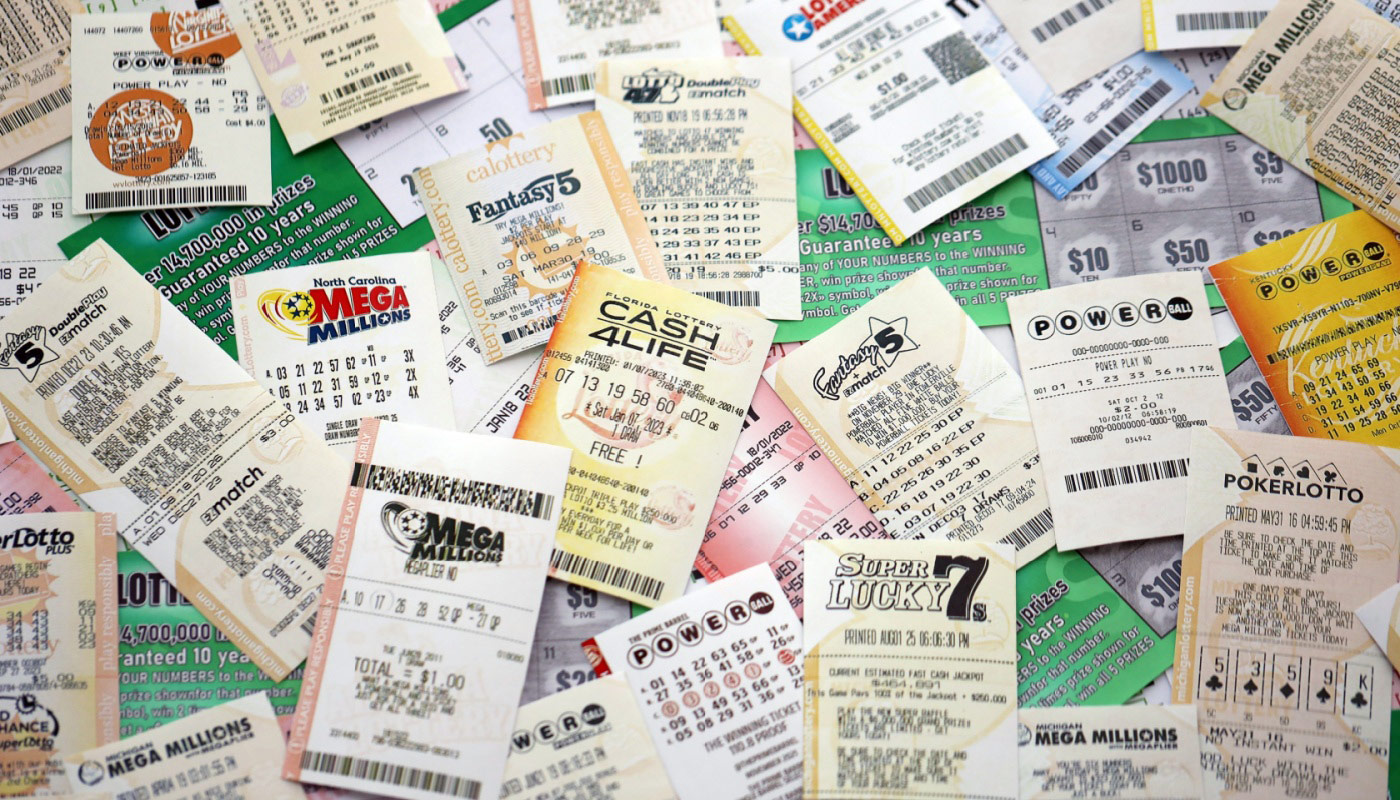
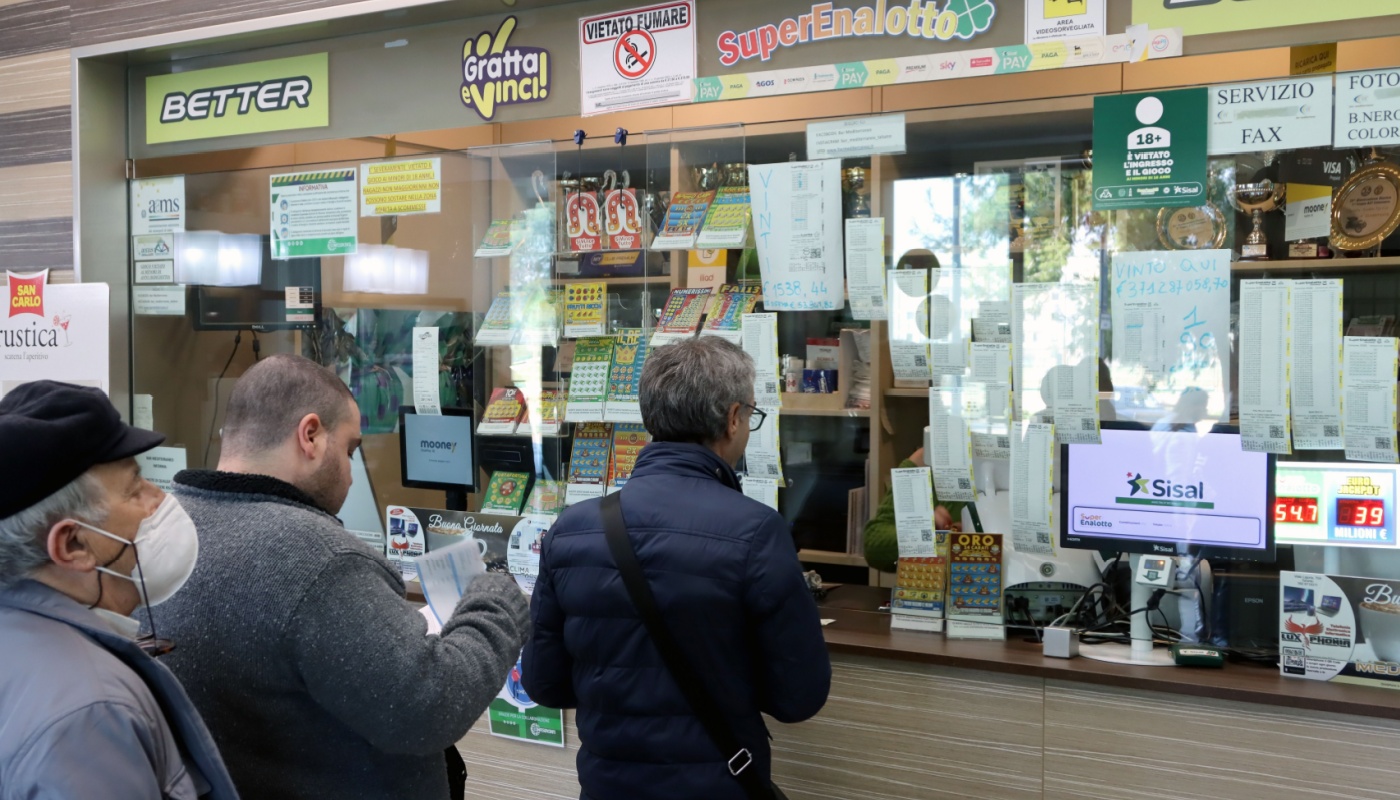
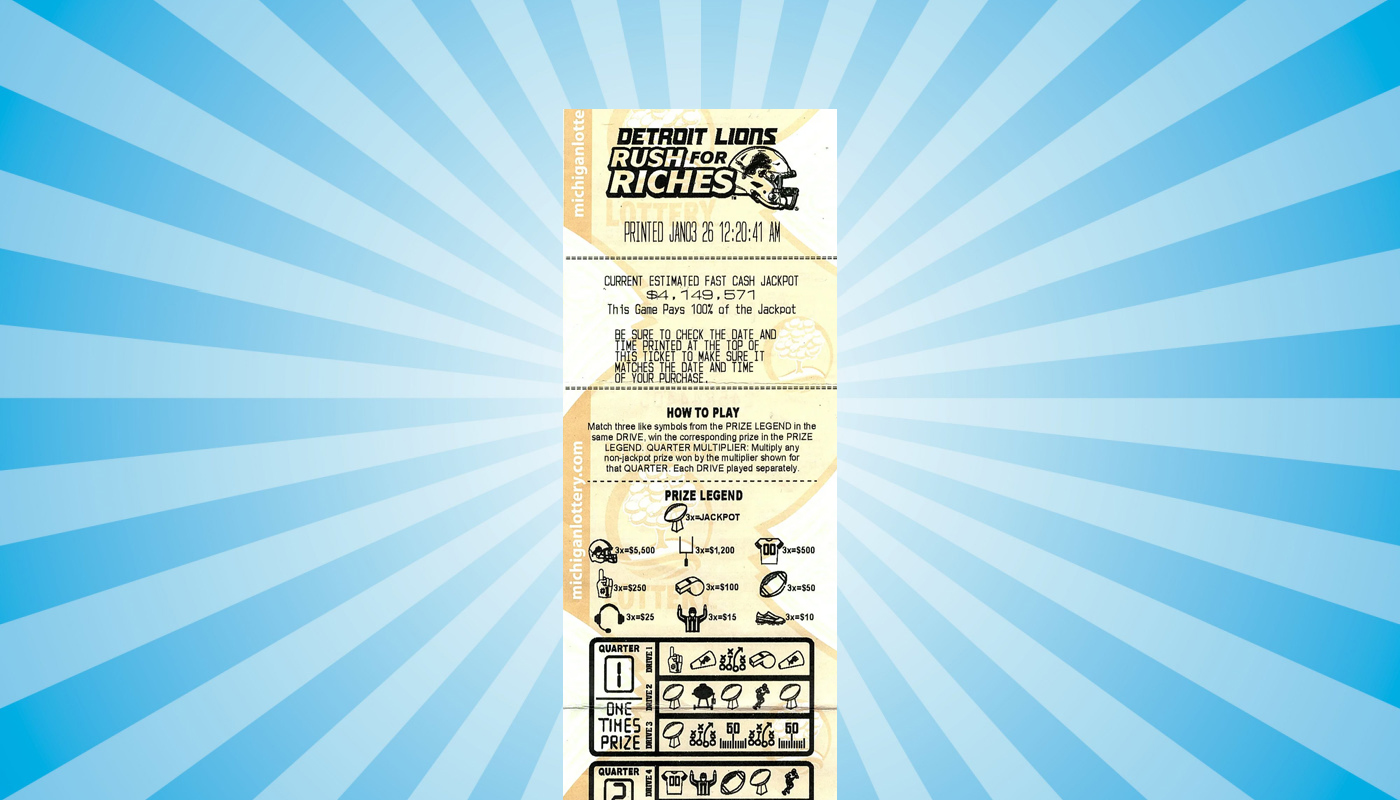
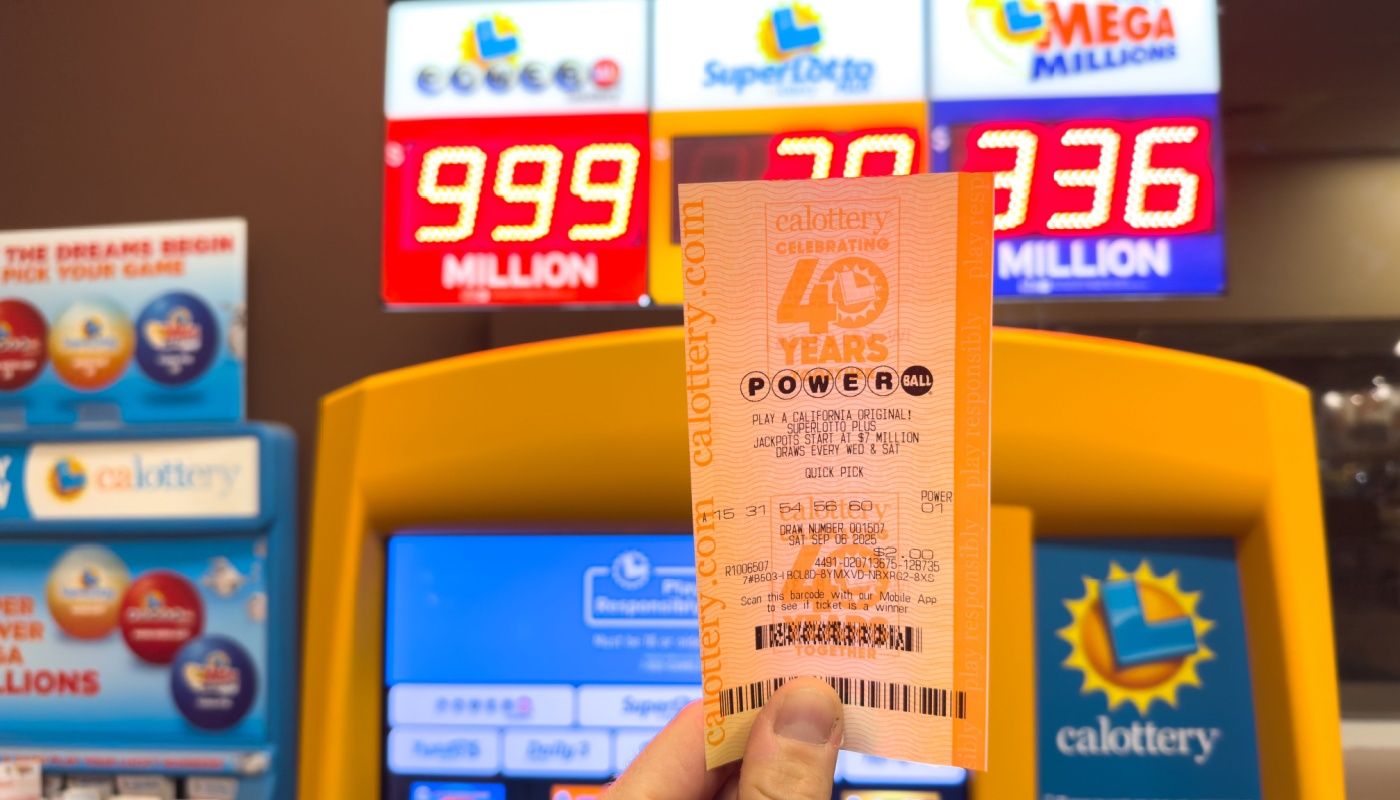









Comments